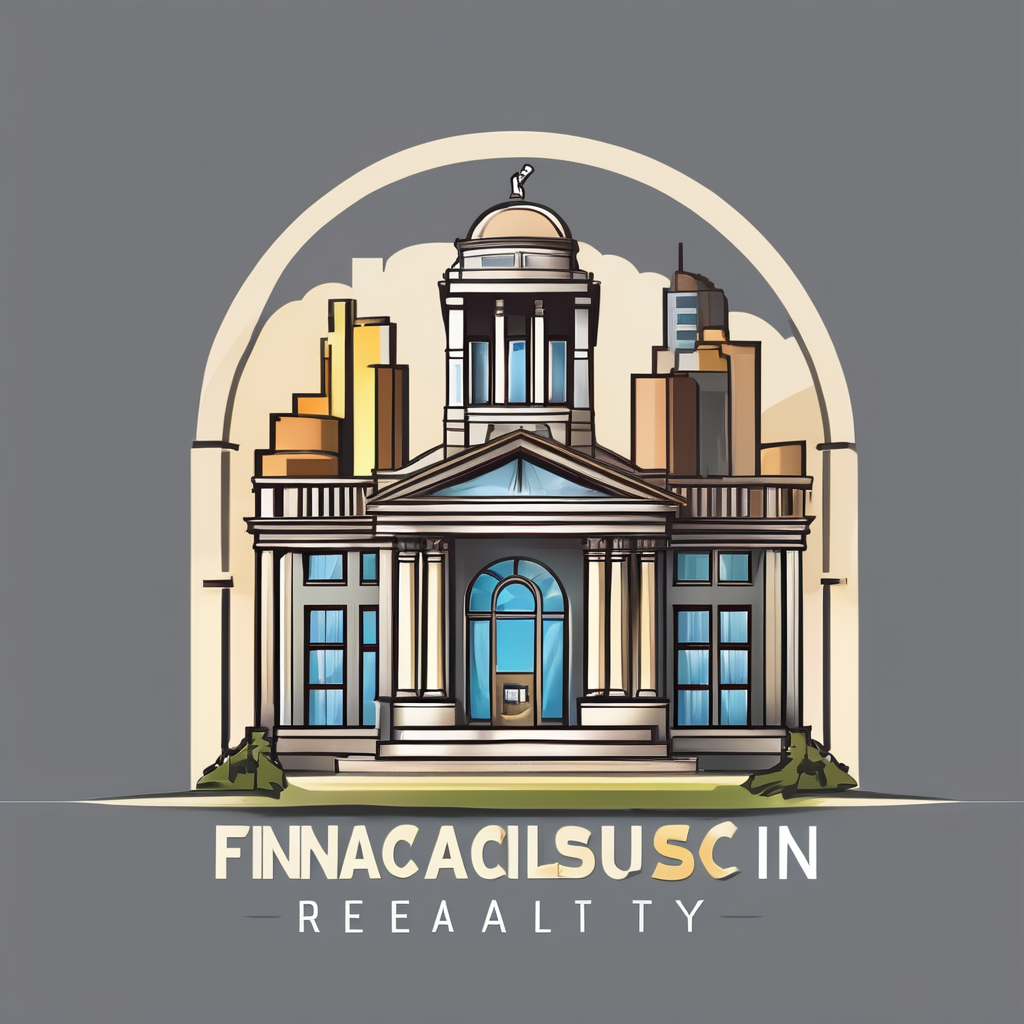Owning a heritage property can be a rewarding experience, immersing you in a wealth of historical culture and grandeur. Yet, the financial implications of maintaining such a property can sometimes be overwhelming. In this article, we will guide you on how to efficiently plan for these costs, focusing on local initiatives, government programmes, and community support that can ease the financial burden.
Exploring Funding Options for Heritage Property Upkeep
One of the most significant aspects of maintaining a heritage property is the cost. With regular upkeep, repairs, and potentially costly conservation work, heritage property owners often find themselves facing substantial financial commitments.
Lire également : What financial metrics should be monitored to predict UK property market trends?
Fortunately, in the UK, there are numerous funding options available to help defray these costs. One of the most prominent sources of funding is the National Lottery Heritage Fund, a programme that provides financial support for projects aimed at conserving the UK’s heritage. The fund awards grants to both individuals and organisations undertaking heritage conservation work.
Another funding option is the Historic England Repair Grants for Heritage at Risk programme. This programme offers financial support to owners of heritage properties considered at risk due to neglect, decay, or inappropriate development.
Cela peut vous intéresser : What advanced technologies can UK property owners use to enhance building security?
Other potential sources of funding include local councils, conservation charities, and even crowdfunding campaigns. With the right application, heritage property owners can secure the necessary funding to help offset the costs of property upkeep.
Local Community Support and Involvement
Heritage properties bear great cultural significance to local communities. Therefore, getting the community involved can be a great way to raise funds and support for the upkeep of your property.
Many communities are eager to participate in the preservation of their local heritage. Hosting local events, tours, and fundraisers are effective ways to raise both funds and awareness about the importance of conserving your heritage property.
Community support isn’t only about fundraising. Local craftsmen, engineers, and conservation experts can provide invaluable assistance and advice on the best conservation practices. They can also help you understand the specific needs and challenges of your property, enabling you to plan better for any future work or repairs.
Incorporating Heritage Tourism into Your Financial Planning
Heritage tourism represents a significant portion of the UK’s tourism sector. By opening your property to the public, you can generate income that can go towards the maintenance and conservation of the property.
Creating a compelling tourism product requires some investment. However, the returns, both financial and in terms of increased public awareness and appreciation for the property, can be substantial. You may want to consider creating guided tours, interactive exhibits, or even renting out parts of the property for events or overnight stays.
Don’t forget to tap into local tourism boards and organisations for support. These organisations often provide funding, marketing support, and other resources to assist in the development and promotion of heritage tourism attractions.
Investing in Preventative Conservation
Preventive conservation involves taking measures to prevent or slow down the deterioration of a property. This can be a cost-effective way to maintain a heritage property, as it could potentially save you from expensive repairs or restoration work in the future.
Preventative conservation can include regular inspections and maintenance, improving storage conditions, climate control, and investing in appropriate security measures to protect the property from damage or theft.
It’s a good idea to engage with professional heritage conservators who can provide guidance on the best preventative measures suitable for your property. Remember, investing in preventative conservation not only preserves the property but it also saves money in the long term.
Leveraging Government Programmes and Initiatives
Just as the local community has a stake in preserving heritage properties, so too does the government. There are numerous government initiatives, programmes, and laws in place designed to help heritage property owners with the costs of upkeep and conservation.
Aside from direct funding programmes, the government also offers tax relief schemes for heritage property owners. For example, the Heritage Maintenance Funds (HMF) scheme provides tax relief for funds set aside for the maintenance of a heritage property.
It’s important to stay informed about these programmes and initiatives, as they can provide significant relief from the financial burdens of property upkeep. Don’t hesitate to reach out to your local council or the relevant government agency for information or assistance.
In a nutshell, financial planning for the costs associated with heritage property upkeep in the UK involves exploring various funding options, tapping into community support, leveraging heritage tourism, investing in preventative conservation, and making use of government programmes and initiatives. By making the most of these strategies, you can ensure that your heritage property remains a vibrant part of the UK’s cultural landscape for years to come.
Collaborating with Local Authorities
In the UK, local authorities often play an instrumental role in the preservation of heritage sites. They are usually aware of the significance of such properties and can provide valuable resources to assist owners in their upkeep.
These can include financial grants, planning advice, or recommendations for trusted tradespeople who specialise in heritage property work. Collaborating with local authorities can often help to streamline the process of obtaining planning permission for any necessary capital works, as they can provide guidance on how to ensure proposals meet required conservation standards.
Furthermore, local authorities may also have links to community organisations or heritage conservation groups that can offer additional support or funding. They can also provide advice on how to work effectively with these bodies to maximise benefits and minimise potential conflicts.
Regarding inheritance tax, it’s worth noting that certain heritage items can be exempt if they are made available for public viewing. Local authorities can provide information on how to negotiate this kind of arrangement, potentially offering significant cost savings.
Adopting Sustainable Development and Tourism
In recent years, the concept of sustainable development has become increasingly important in the context of heritage conservation. This involves balancing the need to preserve and maintain heritage properties with the need to make them financially viable.
One way to achieve this is by incorporating sustainable tourism into your financial planning. Heritage tourism can be a profitable venture, especially when executed correctly. By charging a modest entry fee or providing guided tours of your property, you could generate a steady stream of income that can be reinvested into the property’s upkeep.
Moreover, adopting sustainable practices can also increase the appeal of your property to a modern audience. This may include implementing energy-efficient solutions or using sustainable materials for any necessary repair or restoration work. Not only will this help to preserve your property for future generations, but it can also make it more attractive to visitors.
Local tourism bodies can provide guidance on how to develop a sustainable tourism strategy. They may offer advice on how to market your property effectively, or even provide funding for the development of visitor facilities or events.
Conclusion
Planning financially for the costs associated with heritage property upkeep in the UK can indeed be a daunting task. However, by exploring a range of funding options including local initiatives, government programmes and community grants, you can alleviate the financial burden. Collaborating with local authorities can provide you with invaluable resources and support needed for the maintenance of your property.
Embracing sustainable development and tourism can also contribute to the financial viability of your property. It not only ensures an income stream but also bolsters the property’s appeal to visitors, ensuring its survival for generations to come.
Remember, the preservation of heritage properties is not merely about conserving a piece of history. It’s about safeguarding a piece of a nation’s cultural heritage, and everyone – from local communities to national lottery players – has a part to play in this. By adopting these strategies, you can ensure that your heritage property continues to contribute to the rich tapestry of the UK’s cultural landscape.






